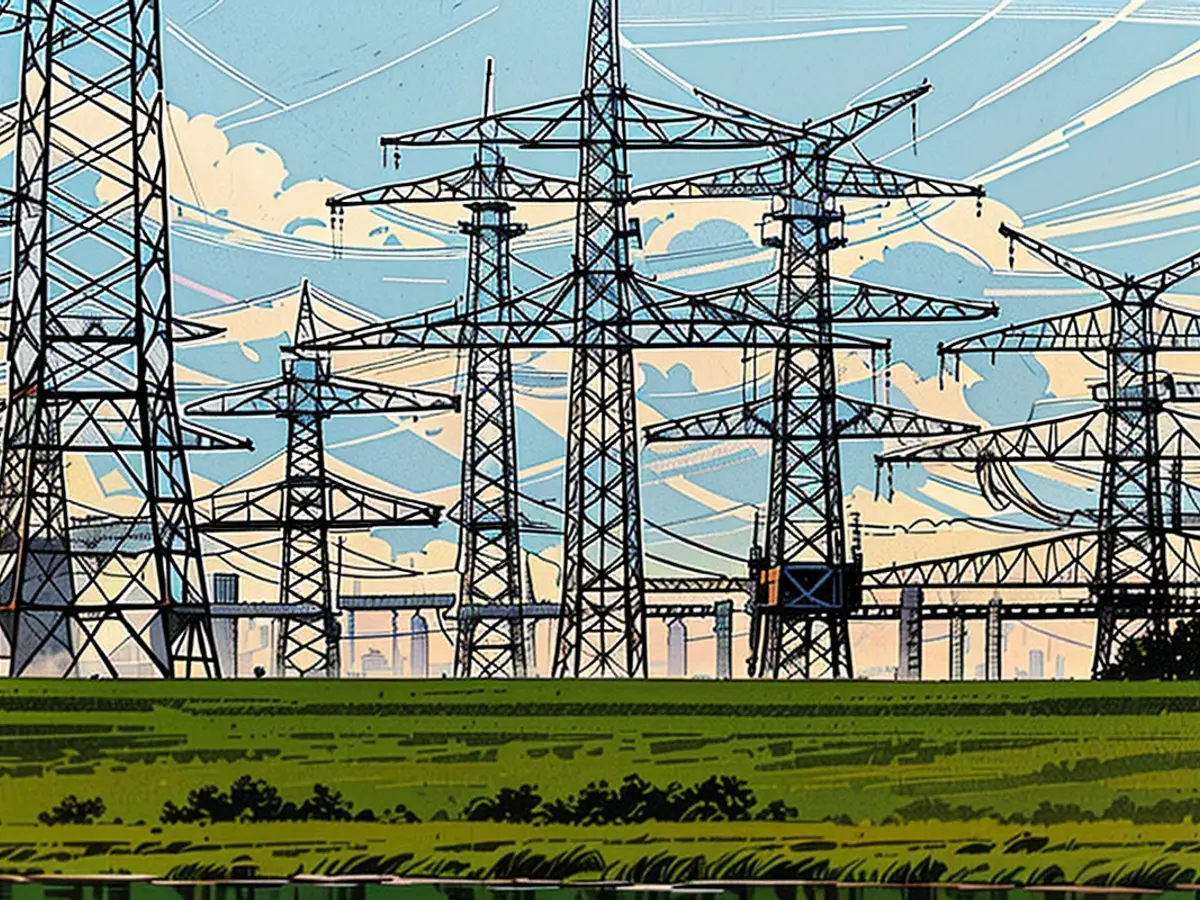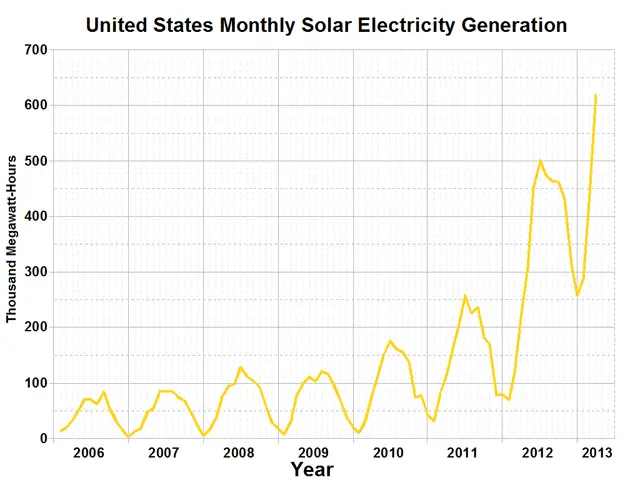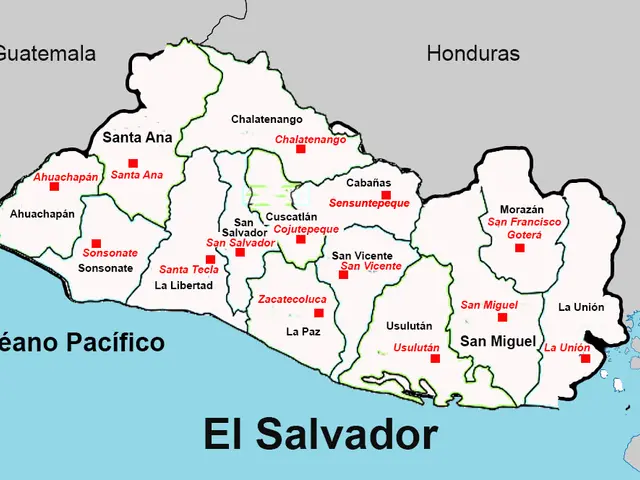Upcoming Year: A Shift Towards Fairer Grid Upgrade Costs
Prepare to witness a more balanced distribution of expenses related to power grid improvements starting from next year. This change is mainly due to the escalating growth of renewable energy sources across different regions.
Recently, the German Federal Network Agency announced a new policy, set to take effect on January 1, which is intended to address the burden faced by regions that excessively produce renewable energy. As expressed by agency head Klaus Müller, "We're ensuring fair utility rates for residents and businesses in regions experiencing substantial renewable energy expansion."
Currently, regions producing disproportionately more renewable energy than they consume are shouldering substantial costs related to grid improvements. These costs are ultimately passed onto local consumers. In numerous areas of northern and northeastern Germany, network fees are alarmingly high, primarily due to the concentration of wind turbines in the north and extensive solar installations in rural areas.
Under the new policy, these additional expenses will be redistributed among all German electricity consumers. "The considerable relief for heavily burdened regions will translate into manageable additional costs for all electricity consumers," clarified the network agency. Initially, network providers with substantial costs will be identified.
Initially, regions like Brandenburg, Schleswig-Holstein, and Saxony-Anhalt are expected to reap the most benefits, with network fees potentially decreasing locally in Mecklenburg-Vorpommern, Bavaria, and Lower Saxony. By mid-October, specific details regarding who stands to gain and who may not become available. Network fees contribute to approximately a quarter of the average total electricity expenses for private households.
- Regions that have been burdened by excessive renewable energy production costs, such as Mecklenburg-Vorpommern and Bavaria, can anticipate a significant reduction in high network fees due to the equitable distribution of grid improvement expenses.
- The sharing of grid improvement costs will help reduce the substantial energy costs borne by consumers in regions excessively producing renewable energy, like Brandenburg and Schleswig-Holstein.
Further Reading
Additional Insights
- The shift towards an increased reliance on renewable energy sources requires significant investments in grid infrastructure to ensure reliable and efficient energy transmission. This has resulted in raised grid fees for consumers.
- Integrating renewable energy into the grid has been associated with additional costs, such as redispatch costs, which are currently borne by consumers until grid expansion is completed.
- Ongoing efforts aim to reduce grid charges, including a subsidy from the federal budget in the past and discussions regarding electricity tax reductions.
- The German government is investing heavily in grid expansion, with plans to invest €27.5 billion in grid infrastructure by 2028.
- The regulatory framework is being modified to support the transition, with proposals such as the creation of amortization accounts designed to provide a more stable financial environment for grid operators and consumers.








